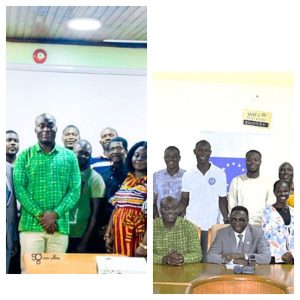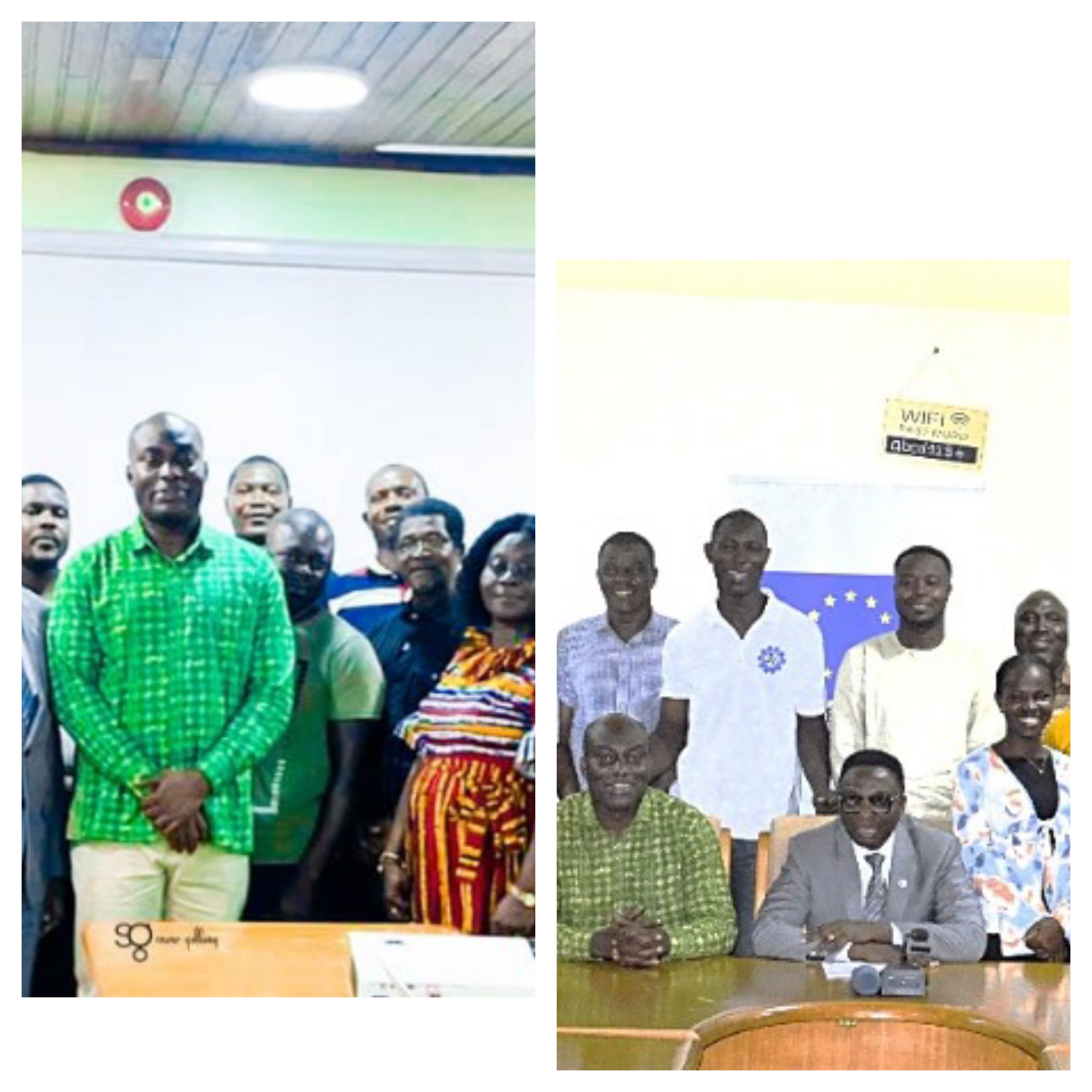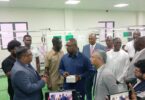
Group pictures of stakeholders at the workshop
Story by: Ishmael Barfi
As a follow-up to the August 2022 National Cassava Processing Equipment stakeholder dialogue, a National Validation meeting for a Cassava Processing Equipment Fabrication Guidelines document has been held on Tuesday, 10th October, 2023 in Accra.
The National Validation meeting was organized by the United Nations Industrial Development Organization (UNIDO) implementing the West Africa Competitiveness Programme (WACOMP)-Ghana in partnership with the Food Research Institute (FRI) of the Council for Scientific and Industrial Research (CSIR).
The meeting identified the gaps and opportunities in the fabrication of equipment in Ghana and the guidelines, which is a major contribution to equipment fabrication in the agro-processing value chains in Ghana will serve as a starting point towards streamlining and standardizing processing equipment production in Ghana.
The development of the guidelines document was a collaborative endeavour with the FRI-CSIR, Ghana Standards Authority (GSA), Food and Drugs Authority (FDA), Equipment Designers and Fabricators Association of Ghana (EDFAG) and other relevant stakeholders aimed at preserving the quality of processed cassava-based foods and safeguard the health of cassava product consumers.
The workshop which has been referred to as the UNIDO ‘Cassava Parliament’ also provided the opportunity for the stakeholders to network and share experiences.
Commenting on the Validation forum, Mr. Joseph Yeboah, UNIDO National Cluster Networks Expert for the Cassava Value Chain explained “The development of the guidelines is one of the key steps agreed last year to enhance the quality and performance of locally manufactured equipment and also preserve the health of consumers of locally processed foods”.
In furtherance, “We are also encouraging the preparation of user manuals by equipment fabricators to guide the operation, management and maintenance of cassava processing equipment produced in Ghana”.
On his part, Prof. Charles Tortoe, the Director of the Food Research Institute of CSIR thanked UNIDO and the WACOMP project for the continuing partnership which had led to the successful preparation and validation of the guidelines.
He also encouraged the members of the Equipment Designers and Fabricators Association of Ghana (EDFAG) and other fabricators to work with the guidelines to raise the standards of their equipment for the benefit of the sector.
The West Africa Competitiveness Programme (WACOMP) is implemented by UNIDO in partnership with the Government of Ghana through the Ministry of Trade and Industry (MOTI) and funded by the European Union. The programme is focused on improving the competitiveness of Ghanaian exports with a focus on three main value chains – cassava, fruits (mango and pineapple), cosmetics and personal care products through enhanced value-addition, low carbon sustainable production and processing aimed at increased access to regional and international markets.
Source: www.thenewindependentonline.com








